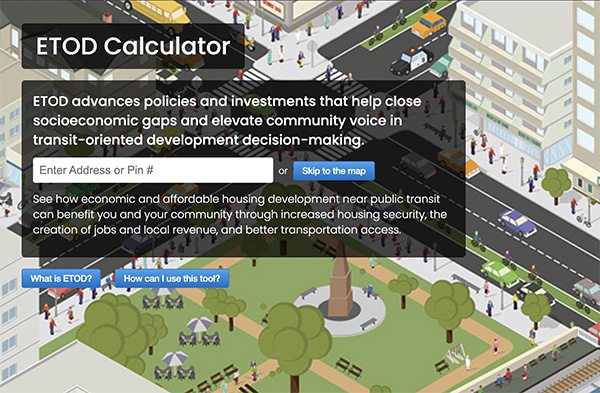As leaders from around the world converge for the Chicago Forum on Global Cities, it's worth asking about the very nature of “global cities.” Are they simply big, innovative, and connected business centers that generate wealth for a select few? Or are they world-leading places because they create economic opportunity for everyone?
The often-cited A.T. Kearney Global Cities Index doesn’t even factor income inequality into its formula. But Euromoniter International finds that the world's largest cities are also the most unequal according to the standard inequality measure, the Gini coefficient. And a UN Habitat report shows the US has more cities with a Gini coefficient of 0.50 or more than any other wealthy country. That’s well above the UN “alert level” of 0.40.
Nine million more Americans lived below the poverty level in 2014 than six years earlier, according to the US Census Bureau. Urban poverty in Detroit in 2014 was 40 percent, Philadelphia 27 percent, and Miami 30 percent. The situation is getting worse despite a growing economy because, for most households, the cost of living from 2005 to 2014 grew faster than income, according to a 2016 study by the Pew Charitable Trust.
Traditional anti-poverty methods, such as job creation and provision of public benefits, aren’t enough to reduce inequality. Poverty reduction is a two-sided equation – it isn’t just what you earn but how much you have to spend on basic needs. Money that is spent more efficiently – because of nearby transit or reduced energy costs – can simultaneously boost the economic well-being of households while also creating economic prosperity and delivering benefits for the entire city.
Read the full post on the Chicago Forum on Global Cities website





 Strengthening Transit Through Community Partnerships
Strengthening Transit Through Community Partnerships



 RSS Feed
RSS Feed